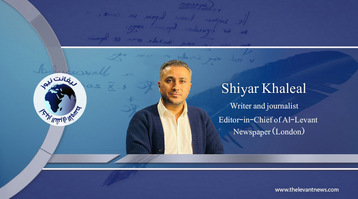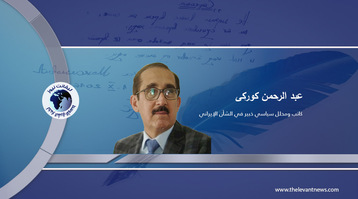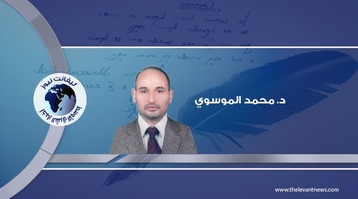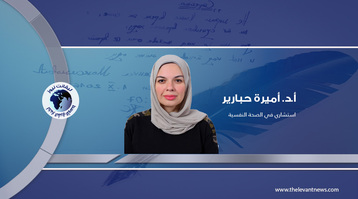-
Syria’s Dubai?

Whilst the eyes of the world may be focused on events in Ukraine a potentially significant policy change has opened the doors to a very different body politic emerging in the future for the north of Syria.
With little in the way of fanfare the US State Department announced a decision to authorise certain economic activities in certain non-regime-held areas of northeast and northwest Syria. The logic, so the statement explained, was to pursue a more active push for economic stabilization in areas liberated from the terrorist group ISIS’s control.
It comes on the heels of the D-ISIS Ministerial in Marrakesh, Morocco, where the United States announced nearly $110 million in stabilization funds for areas liberated from ISIS in Iraq and Syria and stressed the importance of continued Coalition efforts to erode support for violent extremism through initiatives designed to improve stability.
The Commander of the Syrian Democratic Forces (SDF) Mazloum Abdi welcomed the US announcement in a tweet that explained that “we appreciate the US General License for AANES areas to rebuild infrastructure and support our economy, a step that will counter ISIS and give hope to all Syrians,” Abdi said. “We welcome all companies to invest here.”
The decision comes following the Brussels Conference and, according to US spokespeople, months of sensitive negotiations with Syria’s Arab neighbours and Turkey in particular. There is of course an obvious logic to following up the vast military campaign with a similar effort for the next chapter, yet the pivot between defeating ISIS and deciding what happens next has been delayed by a Trump Administration’s indecision about the US posture in the country.
This delay has occurred during a time where a wider debate around post-war reconstruction across Syria was had, led by the Government in Damascus and its allies in Moscow in particular. Although violence in the country has significantly abated across new more frozen conflict lines and Syria’s relationships with its neighbourhood has improved in recent years, significant reconstruction strategies have not manifested.
Instead US-led sanctions and a sustained push back against forced returns of Syrian refugees has led to what is surely an unsustainable status quo with millions of Syrians continuing to live below the poverty line and dependent on humanitarian aid. Humanitarian aid itself in the northwest of the country relies on a UN Security Council Resolution which needs renewing on the 10th July 2022. With relations between the US and Russia worse than in previous years there is considerable uncertainty as to whether this will be extended and what happens to vast number of Syrians if it isn’t.
Meanwhile, the Regime in Damascus responded through the the foreign ministry which said that Syria was "determined to defeat this new conspiracy," encouraging people in the country's north to "bring it down." Yet what exactly ‘it’ is, is hugely uncertain at this time and the test of Washington’s new policy will be the confidence it gives to business investors. With the prospect of Trump returning to the White House after a 2024 election many may choose to hedge their bets.
But they may not and the Kurdish controlled parts of Iraq have traditionally been championed as an oasis of relatively calm and prosperity in a tough neighbourhood. Investing in non-regime controlled parts of Syria in a way that inspires and rejuvenates a part of the country that has seen far too much war and too little peace of the past decade could have a twin purpose of reducing the space for an ISIS revival and showing the wider Syria populace that a alternative future is possible to the eternal Assad dynasty.
Questions will be asked as to whether this opportunity for development will see ‘quick wins’ or longer term strategic development of infrastructure in what could be the most substantial commitment to a ‘statelet’ entity or entities in the north of the country. Iconic modern towers, Dubai-style, may be unlikely and can hardly been argued as a priority but anything that can symbolise and capture the direction of secure departure from a recently bloody history makes a lot of sense. Indeed, fast tracking the development of northeast Syria’s wheat production, ravaged by war and climate change, would be a suitably sensible decision in lieu of Ukraine’s war.

BY: James Denselow
You May Also Like
Popular Posts
Caricature
Syrians' concerns now
- December 10, 2024
Syrians' concerns now #Syria
#Bashar_al-Assad
#Liberation_of_Syria
#Syrians
#Future_of_Syria
#Levant_News

opinion
Report
ads
Newsletter
Subscribe to our mailing list to get the new updates!




















